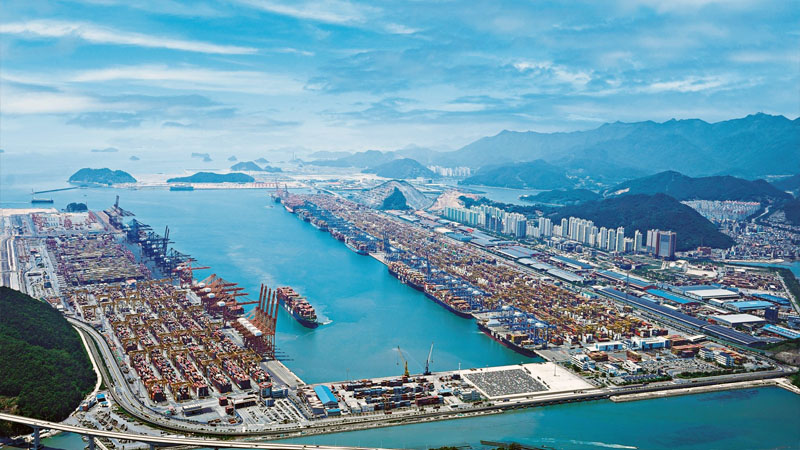Exclusive content

In a bid to safeguard the market share and long-term benefits of Vietnamese shrimp in Korea, the Vietnam Association of Seafood Exporters and Producers (VASEP) has urged the Government and relevant ministries to take action. VASEP’s recent move underscores the necessity of removing the tariff quota mechanism for Vietnamese frozen shrimp imports into Korea.
The Vietnam-Korea Free Trade Agreement
VASEP’s plea comes in the wake of the Vietnam-Korea Free Trade Agreement (VKFTA) that came into effect at the end of 2015. The agreement was hailed as a vital instrument in bolstering bilateral trade cooperation between the two nations. Notably, it has yielded positive outcomes for Vietnam’s main export products, particularly seafood. Over the years, Vietnamese seafood exports to Korea have witnessed a significant surge, growing by 62% from USD 585 million in 2015 to USD 950 million in 2022 and USD 786 million in 2023.
However, despite the overall benefits of VKFTA, certain hurdles persist, particularly concerning shrimp exports from Vietnam to Korea. While most seafood products enjoy a zero tax rate as per the VKFTA roadmap, a specific group of seven seafood product lines, including shrimp, continue to be subjected to the tariff quota mechanism. Under this mechanism, Vietnamese shrimp exports are only exempt from import tax up to a quota limit of 15,000 tons/year. Any volume exceeding this quota faces a base tax rate of 20%.
Call to Action
Recognizing the urgency of the situation, VASEP has made a formal request, outlined in Official Dispatch No. 47/CV-VASEP, to key stakeholders including the Prime Minister, Minister of Industry and Trade, Minister of Agriculture and Rural Development, and Minister of Foreign Affairs. VASEP emphasizes the importance of initiating consultations with Korea to eliminate the existing quota on shrimp imports, thereby ensuring fair competition and better accessibility for Vietnamese shrimp in the Korean market.
From a legal standpoint, the tariff quota mechanism is enshrined in VKFTA documents, specifically in Clause 2, Article 2.3, Chapter 2. However, given the practical challenges faced by Korea, including high inflation and escalating food prices, there exists a favorable environment for considering amendments to the tariff regime. VASEP remains optimistic about the likelihood of Korea’s support for this proposal, given the government’s proactive measures to address import taxes and explore solutions to alleviate food price pressures.